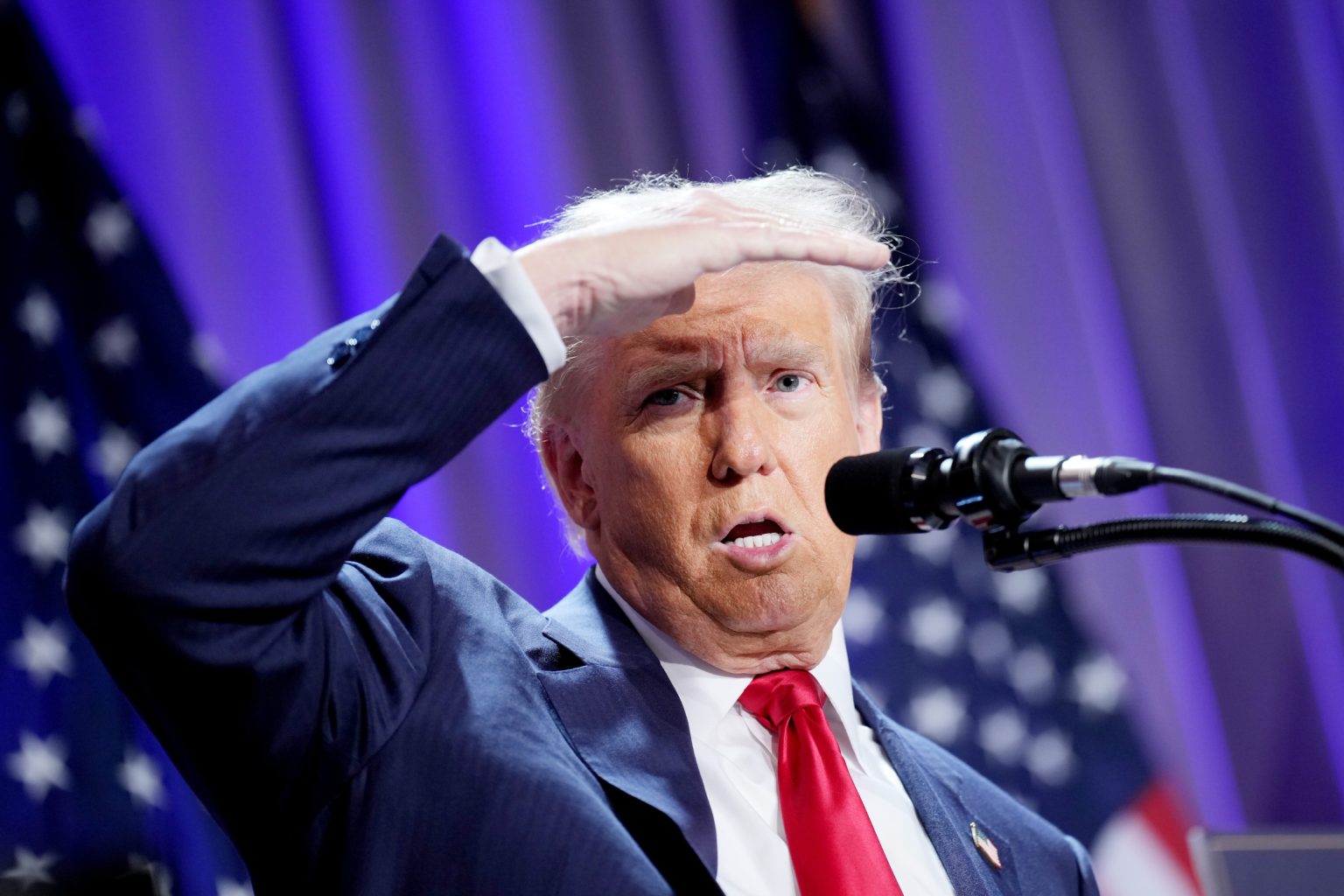The legal battle between President-elect Donald Trump and ABC News, along with its host George Stephanopoulos, over an alleged defamation claim, continues to unfold. U.S. Magistrate Judge Lisette Reid has issued an order mandating depositions for both Trump and Stephanopoulos, scheduled for the week of December 16, 2024. This development signifies a significant step forward in the case, particularly after a period of potential delays attributed to the recent presidential election. Trump’s deposition, limited to four hours, will be conducted in person within the Southern District of Florida. While Stephanopoulos’s deposition is also capped at four hours, the format, whether in-person or remote, remains to be determined by counsel.
The core of Trump’s lawsuit stems from comments made by Stephanopoulos during an ABC broadcast in March, where he stated that a jury found Trump civilly liable for raping former Elle columnist E. Jean Carroll. However, the jury’s verdict actually found Trump liable for sexual abuse and defamation, not rape. Judge Lewis Kaplan, who presided over the Carroll trial, clarified that the legal definition of rape in New York differs from its common usage, explaining the discrepancy. Trump contends that Stephanopoulos’s statement was defamatory, leading to the current legal action.
Judge Reid’s order emphasizes the imperative to proceed with the case, especially now that the election has concluded, eliminating any grounds for further postponement. This signals a determination to expedite the legal process and bring the matter to a resolution. Prior to the order, Judge Reid had expressed understanding for the defense’s frustration regarding Trump’s previous unavailability, acknowledging the validity of delaying the deposition during the election cycle. However, with the election now over, she affirmed the expectation for Trump to make himself available for the deposition.
During a court hearing preceding the order, discussions revolved around the logistics of Trump’s deposition. Trump’s lawyer, Alejandro Brito, assured the court he would make every effort to ensure the president-elect’s availability, while also highlighting potential constraints related to Secret Service protocols. The defense proposed conducting the deposition near Mar-a-Lago, Trump’s Florida residence, as a potential solution to address logistical challenges.
The trajectory of this case contrasts with other legal proceedings involving Trump, some of which have been either discontinued or postponed due to his impending return to the presidency. Given Trump’s role as the plaintiff in this civil lawsuit, the proceedings are anticipated to continue throughout his second term. This underscores the distinction between this case and other legal matters that might be impacted by his presidential duties.
Previous attempts by ABC and Stephanopoulos to dismiss the lawsuit proved unsuccessful. Their argument, based on Judge Kaplan’s clarification regarding the definition of rape, asserting that the claim was “substantially true,” was rejected by the federal court. Furthermore, both parties recently agreed to reschedule the jury trial from April 7 to June 9, indicating a commitment to proceeding with the case in a timely manner.
This legal confrontation highlights the complexities surrounding defamation claims, particularly when involving public figures and nuanced legal interpretations. The varying definitions of “rape” in legal and common parlance played a significant role in the initial dispute, leading to the current legal battle. The upcoming depositions of both Trump and Stephanopoulos are crucial steps in determining the facts of the case and ultimately shaping its outcome. The court’s emphasis on avoiding further delays underscores the significance of this legal proceeding and its potential implications for all parties involved.

